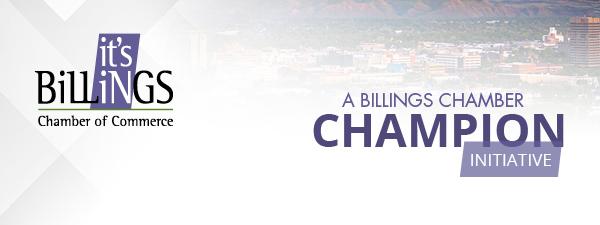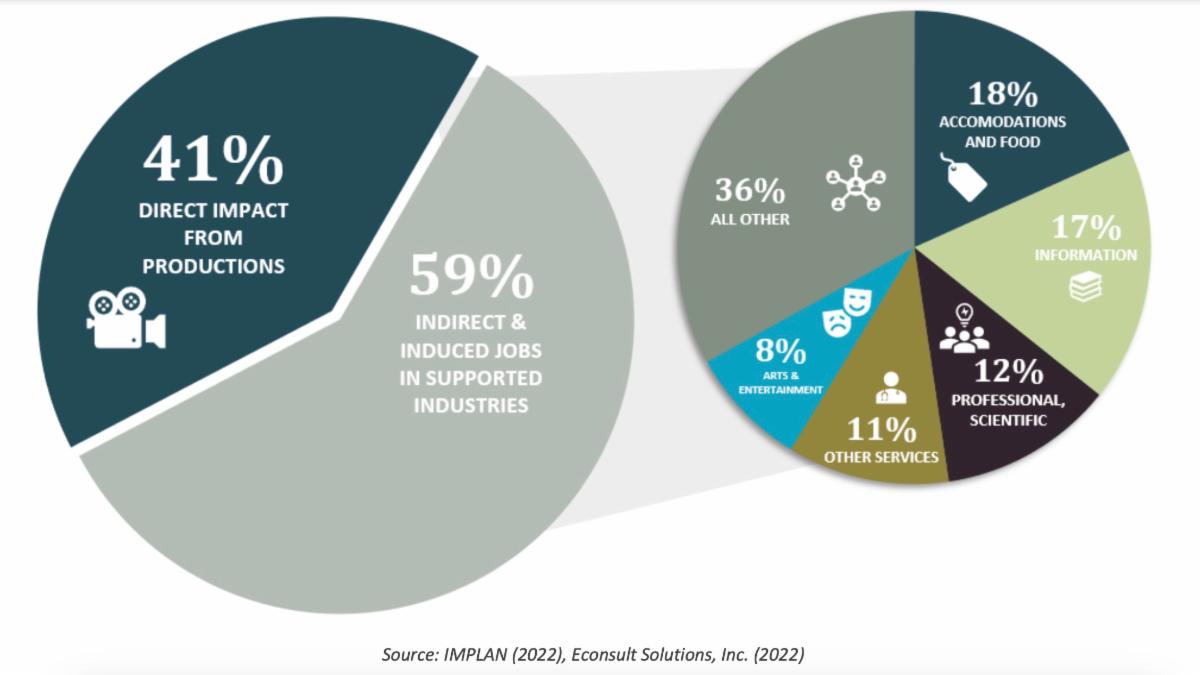
Media Act, Bringing Middle Earth to Montana?

To date, 1,571 bills have been introduced, over 250 more than were introduced in the 2021 session. Of those introduced, approximately 1/4 are considered dead, either failing passage or missing a deadline. The Governor has signed into law 82 bills, including his tax package lowering taxes and providing tax rebates to Montanans.
Other tax changes coming up this week deal with the Montana Economic Development Industry Advancement (MEDIA) Act Film Tax Credit. Film tax credits offer incentives for film producers to practice their craft in our beautiful state. Originally passed in 2019 by Representative Wylie Galt, the tax credit was established at $10 million of first-come, first-served tax credits for qualifying media productions in Montana. Last legislative session, Speaker of the House Wylie Galt introduced HB 340 to remove the cap on the MEDIA Act tax credits. After a number of amendments through the process, the final bill increased the cap from $10 to $12 million.
That increase in the tax credit cap was at least partially responsible for the television series Yellowstone packing their things in Utah and moving all production to Montana. With further increases perhaps there’s a chance for our snow-capped peaks to become the Misty Mountains, or the open skies of eastern Montana to be the open fields of Rohan, or the Lewis and Clark Caverns as the mines of Moria… This session, there are a number of proposals to revise the MEDIA Act. Senator Greg Hertz is sponsoring a bill to raise the cap to $30 million. Representative Brad Barker has a bill that would raise the cap to $75 million. Representative Kerri Seekins-Crowe is bringing a bill to eliminate the cap on credits. And, if that weren’t enough to discuss, Representative Bill Mercer has a bill draft to eliminate the MEDIA Act entirely. As far as the MEDIA Act tax credit debate goes, hopefully the elimination of the MEDIA Act is more red herring and less Chekhov’s gun.
Media Act Tax Credit Cap History
2019 Legislative Session
HB 293 (Rep. Galt) originally drafted with no cap, amended/established tax credit cap at $10 million
2021 Legislative Session
HB 340 (Speaker Galt) originally drafted to eliminate cap, amended to increase to $12 million
2023 Legislative Session
SB 14 (Sen. Hertz) would increase tax credit cap to $30 million
HB 897 (Rep. Barker) would increase tax credit cap to $75 million
HB 844 (Rep. Seekins-Crowe) would remove tax credit cap
LC 4465 (Rep. Mercer) would repeal the MEDIA Act tax credit
The television series Yellowstone and its spin offs get a lot of attention but the fact is, there’s A LOT of film production in Montana. A 2020 – 2022 study commissioned by the state indicates significant production and numerous benefits around the Big Sky. The two-year study identified 195 film productions, generating $153.9 million in local economic impact and $16.6 million in total tax revenue.

According to the study, Yellowstone County fared pretty well with $4.8 million in total production spending between 2020 and 2022. That spending created additional benefits in the form of indirect and induced economic impacts totaling $4.3 million. Those indirect and induced jobs include professional services, accommodations, recreation, food, and others.

While it’s highly unlikely any amount of tax benefit would move Middle Earth filming to the Big Sky, there is substantial potential to grow an industry interested in bringing the majesty of Montana to the big screen. The Billings Chamber encourages the legislature to increase the MEDIA Act tax credit and allow Montana to realize its film industry potential and generate more meaningful economic benefits.
Working for You
Senate Bill 323
Allow for duplex, triplex, and fourplex housing in zoning
Sen. Jeremy Trebas (R)
SD 13
Billings Chamber: SUPPORTS
This bill would eliminate exclusionary zoning by allowing additional homes to be built on a lot. Many local zoning codes mandate exclusionary zoning throughout a majority of residential areas—including Billings—making housing less available and more expensive. Beyond negative impacts on the housing market, it segregates citizens. An article in the Journal of the American Planning Association points out, “[Exclusionary zoning] was born from, and codifies, base and tribal instincts: a desire to set privileged in-groups apart and keep feared or despised out-groups at bay.” The Governor’s Housing Task Force identified this recommendation (3B) in its final report. The bill will be heard Tuesday in (H) Local Government at 3:00 pm.
House Bill 827
Appropriation for water works at Billings treatment plant
Rep. Larry Brewster (R)
HD 44
Billings Chamber: SUPPORTS
This bill provides an appropriation of $17 million for a grant to construct year-round recreation and conservation amenities at the west end water reservoir. The bill is co-sponsored by 12 local legislators of both parties and Representative Mike Hopkins (R) from Missoula. The facility is certain to benefit Montanans beyond Billings considering the regional appeal for recreational opportunities and easy access for travelers, being just a short drive from interstate 90. The bill will be heard in (H) Natural Resources this afternoon at 3:00 pm.
Legislative Videoconferences
Noon – 1:00pm
January 19th
February 2nd: Billings REALTORS
February 16th: Big Sky EDA
March 2nd
March 16th: Downtown Billings
March 30th: Visit Billings
April 13th
Videoconference sessions will be held in the Liberal Arts Building, Room 208 at the MSU Billings campus, where individuals will have the opportunity to hear from, and ask questions of, our local legislators. There is a limit of 25 people for each in-person session and a box lunch will be provided for those who RSVP. Come and hear from our local legislators about what is happening in Helena and give your feedback. Thanks to MSU Billings and our sponsors: Billings Association of REALTORS, Big Sky Economic Development, Downtown Billings Alliance, and the newly certified LEED Gold, City of Billings.

Virtual Testimony Makes It Easy
- You will be able to select from the bills scheduled for the next 3 days.
- By 5PM the day before the hearing, you will be able to submit your written testimony, write a brief message, or request a Zoom link to testify in the bill hearing.
- Fill out the form with the pertinent details and submit. You will receive an email confirmation.
- You do not have to testify in order to submit written comments. Written comments received by the deadline will be distributed to all committee members. However, if you request a Zoom link, we request that you write a brief message in the event of technical difficulties so that your name will be entered into the record.
- If you wish to submit written testimony after the 5PM deadline, please call the Information Desk at (406) 444-4800 for assistance.
- Rules of decorum must be followed, and the Presiding Officer will call on you when it is your turn to speak. Follow the Zoom directions and raise your hand to let the Remote Committee Coordinator know when you want to speak. We will not assume that because you requested the Zoom link that you automatically want to testify. There may be limits placed on how many people are allowed to testify remotely on each bill.
Additional Resources
Business Advocacy Sponsors


| Questions/Comments? |
| Please don’t hesitate to reach out to the Billings Chamber’s Business Advocacy Director, Dan Brooks, with questions, comments, or if you just want to chat about the legislature. Email Dan at daniel@billingschamber.com |
